Since the Covid pandemic struck there have been few destinations open for travelers, during 2020 most places had restrictions based in the country of origin of a traveler (if they were open at all) so a lot of attention has come to Turkey as a place to go since it’s one of the few countries that remained relatively open to everyone.
In October 2020 my wife and I decided to meet in Turkey after living 8 months apart due to the pandemic border closures. As an international couple who studies and works remotely, I would like to share my opinon on the matter of how good is the situation with “feet on the ground” here are our insights after 6 months living here.
Visa Arrangements
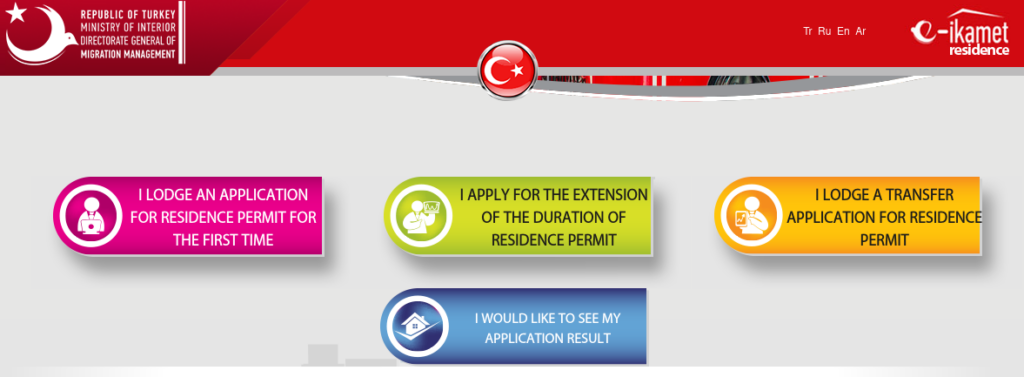
Turkey allows for long term tourist visas, the system is a bit tricky to navigate but you can find visa agencies willing to help you get everything sorted out for around 250 USD per person regardless of the length of the stay. You can apply to 1 or 2 year visas in the e-ikamet website and the government is supposed to give you a straightforward answer within 90 days, so far our visas have not been approved (nor denied), nor have we received any feedback or requests for additional documents, this seems to be due to the fact that the pandemic wrecked quite some trouble among the bureaucratic systems that process the applications. 1 tip of advise I can give if you plan to come is to do your visa application in Antalya since it seems to be one of the fastest regions to process them (probably due to the fact that is a region that depends a lot on tourism).
Cost and Quality of Living
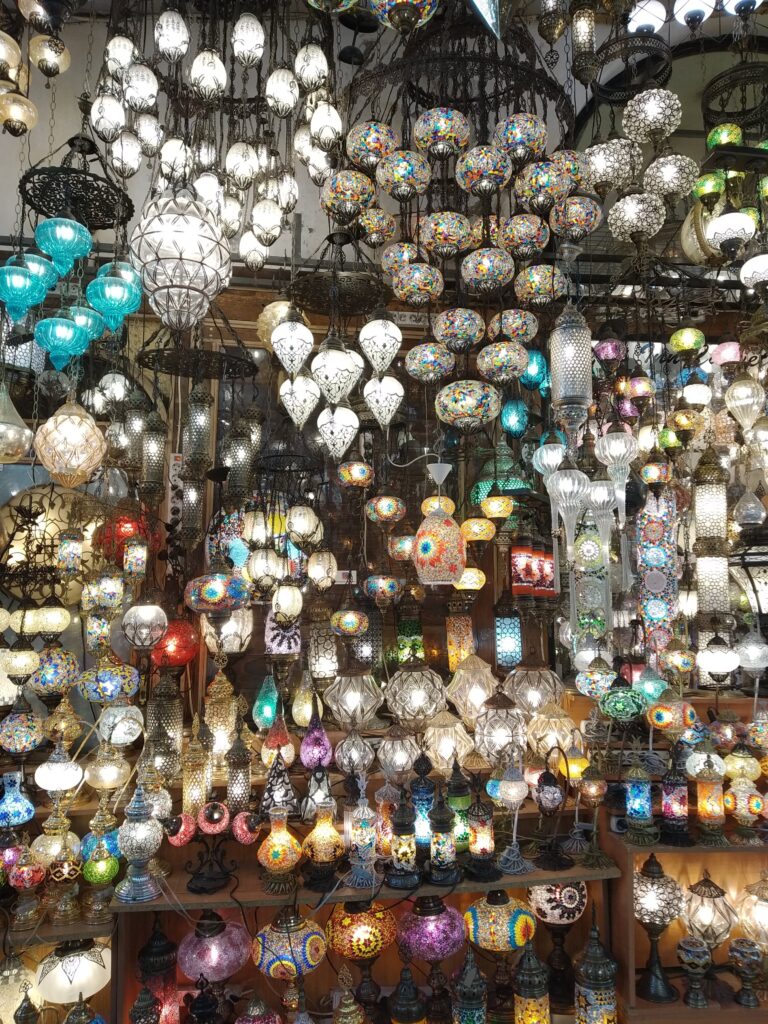
So far we have stayed in several AirBnBs, averaging 500-600 USD monthly rent (inclusive of utilities), the places we have stayed usually have 1 room + 1 living room, they tend to be clean in decent living areas but the internet in Turkey seems to be bad. The fastest we ever got was around 30 mb down, 3 mb up but the most common speed is between 8 and 20 mb down, the standard seems to be that the upload speed is 10% of the download speed which I personally find appalling given the need of upload speeds for video calls.
Regarding the groceries, the cost depends on the diet and sort of place preferred for purchases. Migros & Carrefour are supermarkets on the higher end of quality and price while A101, Sok & Bim are no-frills affordable stores. Neighborhood stores can be cheap or expensive depending on the area but almost 100% of the places will take wireless card payments
Culture & People
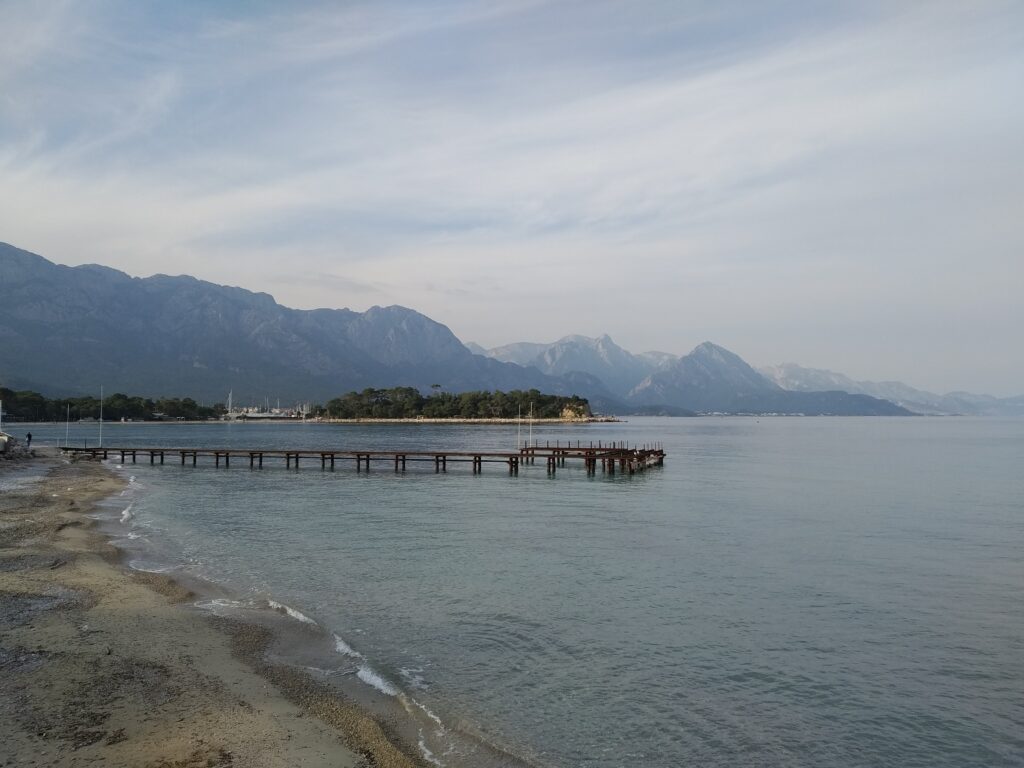
So far I have nothing to say but good things about Turkish people, they go out of their way to help foreigners, they are used to have large volumes of tourist around and they are more tolerant of people not speaking their language than they should, it seems very common for young people in large cities to speak at least some level of English, Russian is also very common, specially in very touristic areas. One thing that strikes me is how much Turkish people smoke, if you are asthmatic or dislike cigarette smoke it’s better to stay clear of densely populated areas.
Infrastructure
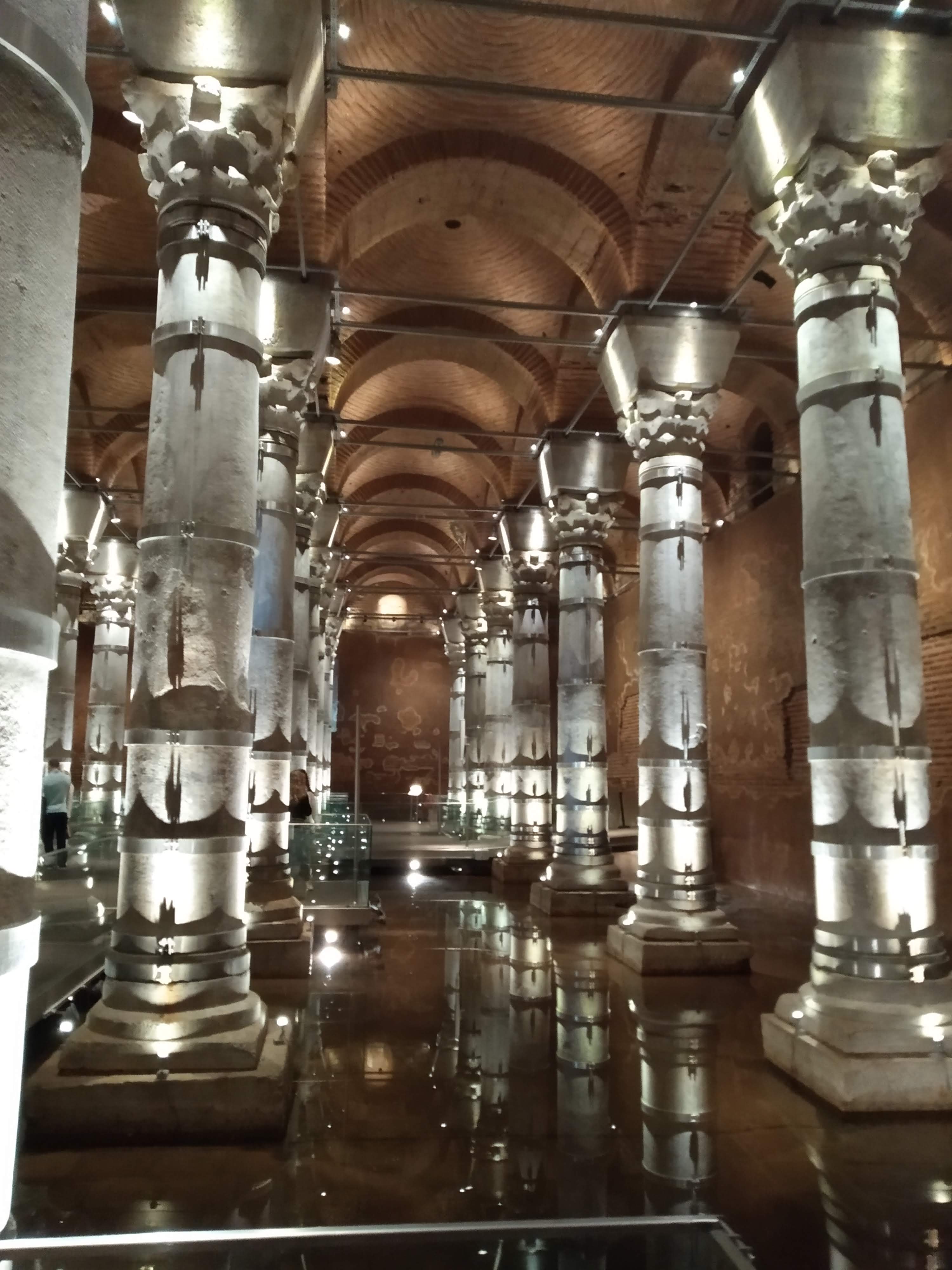
Roads are excellent, sidewalks tend to be narrow, flights between Turkish cities are very cheap and there are a lot of services that can be acquired in english (car rental services or bikes for example), however, drinking water is an issue if you are used to drink tap water like me, tap water in Turkey is good enough for a shower (although it’s not so good on the skin) yet not good enough to be drank, most people order water to be delivered to their home by phone or app (I recommend the BiSu app if you are in Istanbul, you can pay with cash if your card doesn’t work and the app is in english). Back to transportation: we had to obtain a HES code (for covid tracking) which is necessary to ride public transportation (you have to pair your transport card with the code on a website) and to enter into malls and some coffee shops and restaurants.
As for the medical services, I can only speak for the private institutions, they tend to be good, professional and doctors speak at least a decent level of english, Turkey is a medical tourism destination and many people come here for surgeries and aesthetical procedures, so you will find services if you or insurance can pay for them, a bit of advise is to get good medical insurance when you are applying for your tourist visa, it may go a long way and it is not that expensive.
Entertainment
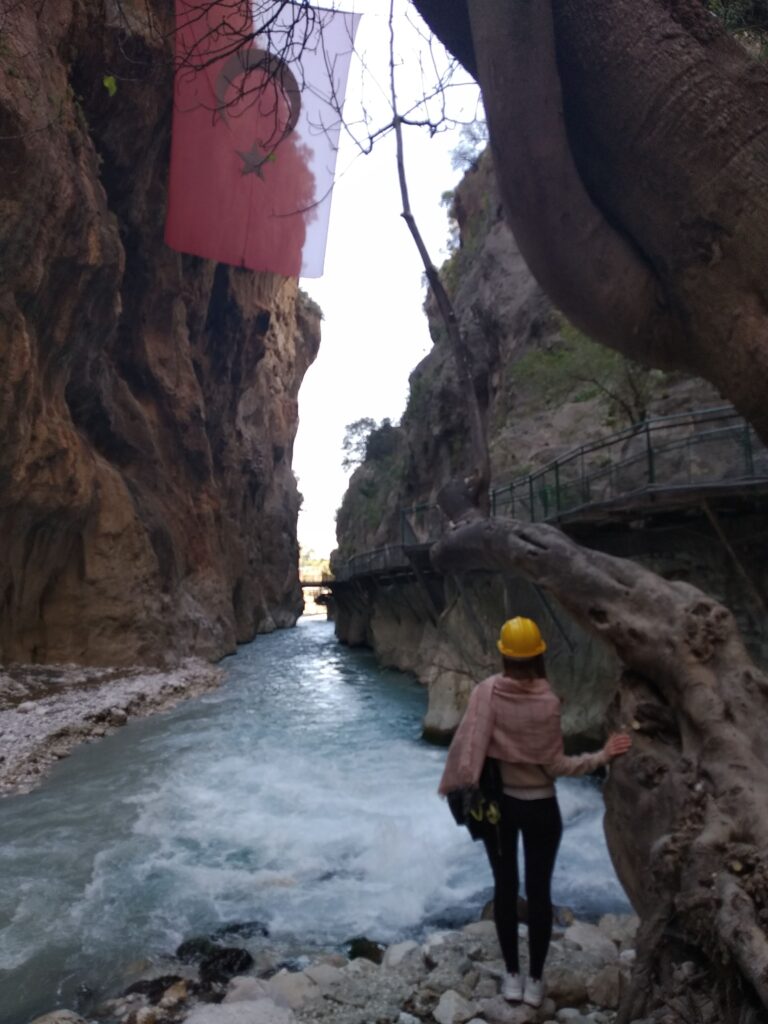
As of the writing of this article, we are still on a pandemic, so several options are not currently available, that being said, there are many things to do and see in Turkey. Istanbul alone is such a historical place it takes months to explore and go to the museums (which are open for now). If you enjoy hiking there are several natural trails and attractions such as the Belgrade forest and the the amount of ancient ruins that are available to be seen on the Turkish south is just mind-blowing.
As for food, there are plenty of restaurants and the Turkish cuisine revolves a lot around meat and yogurt based recipes with a touch of Mediterranean flavoring (tomatoes, cucumbers, olives & olive oil). Most sweets tend to be baked pastries based on mile-feuilles (the dough for croissants and baklava) or cookies that have starch or nuts as part of their dough.
The Pandemic
Most people in Turkey wear a face-mask on the street, there have been restrictions that come and go depending on the level of infection, so far we have traveled and enjoyed ourselves without becoming infected by taking basic precautions such as washing our hands, avoiding crowds in closed spaces and wearing our masks. Funnily enough, most of the restrictions fall on the Turkish people but not on the tourist. When there have been lock-downs (mostly during the weekends since December) tourist have been allowed to go outside and even visit museums while locals had to stay home. Coffee shops and restaurants have been open and closed, also depending on the infection rate, and it is expected that they will be closed to the public during the Ramadan to avoid a spike in infections. If I were to judge I would say that the risk of infection depends mostly on you as a traveler, if you socialize a lot, frequent bars, don’t wear a mask or fail to take precautions you will end up infected. Happily our current experience is a small proof that you can remain safe while traveling and enjoying yourself, as long as you stay informed and use common sense.
How Is Turkey for a Remote Worker / Digital Nomad?
It depends on your budget and personal preferences, the cost of living is good if you earn in dollars, euros or pounds, maybe even in rubles but if you make less than 1k usd per month you won’t be able to afford some comforts or enjoy yourself to the fullest if you happen to be someone who likes eating out often, drinking good coffee every day and traveling a lot.
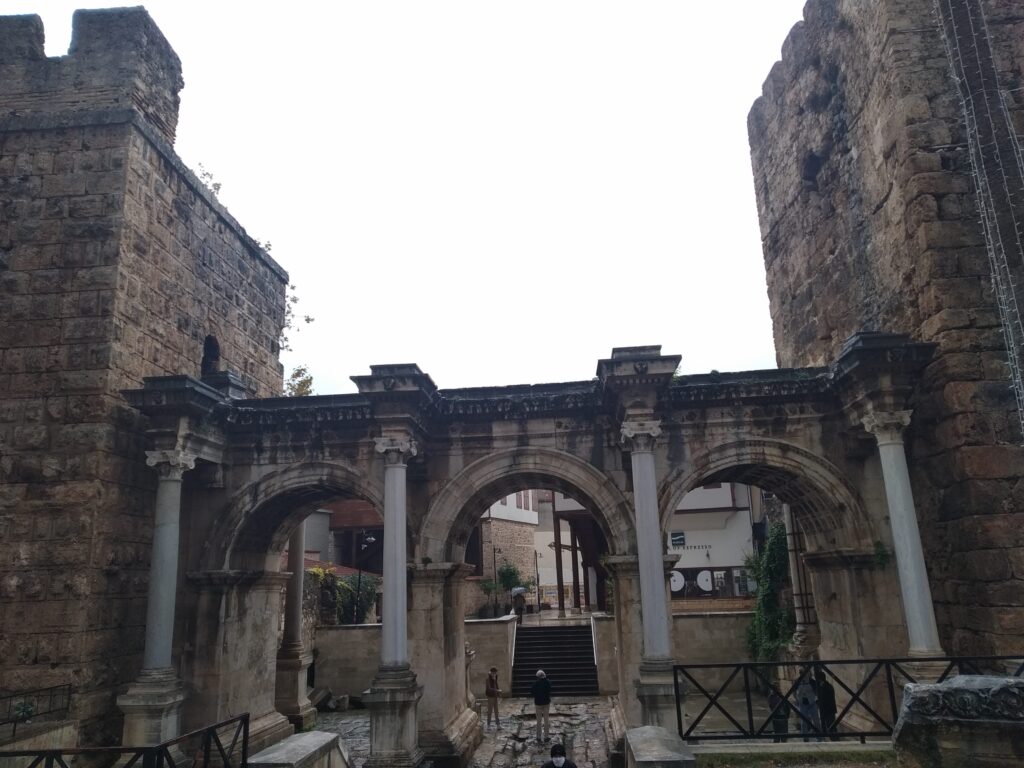
Also if you plan to stay more than 3 months I strongly advice that you learn the language at least to be able to have basic interactions, we have had a couple of medical issues and some situations where not knowing Turkish was a barrier that meant incurring in higher expenses than if we had learned it. Most services available in English or Russian cater to tourist so you end up paying a “premium” for not pursuing the more “local” alternatives, be they housing, medical services or transportation.
The internet speed is definitively a barrier for people who need to have constant interactions online so I would advise anyone who needs to work remotely to ask in advance for the internet speed and even request a screenshot of the speed. Mobile internet is decent but pricey (compared to other more competitive markets), you can buy a sim card with your passport but after 3 months the sim will expire and you will need to get a new one with your e-ikamet number which will be more expensive but it won’t expire, trying to get a new sim card with the same passport won’t work if you don’t have the residence visa, the only possible workaround is to get a local to lend you his/her id number to register a new telephone number but I have my doubts regarding the legality of that so I advise against it.
The Final Verdict
If I had to rank Turkey as a destination for remote working I would give it a 7/10 score. Cost of living, entertainment, infrastructure & availability of Airbnbs (except in some cities) are mostly a plus but telecommunications, government bureaucracy and, at least for now, the Covid, are barriers that should be considered before coming to Turkey. It is great that Turkey offers long term resident visas but the process is a bit intricate and slow, these factors generate some uncertainty (how do I get the permit? when will I get it? what if I get rejected?), most seasoned digital nomads are adventurous enough to face this condition with stoicism, but new remote workers that are still figuring out their work life balance should probably keep Turkey as their second or third destination in a, hopefully, not so distant future.

